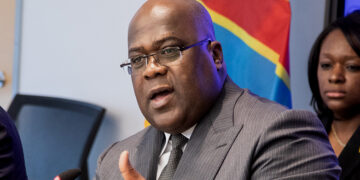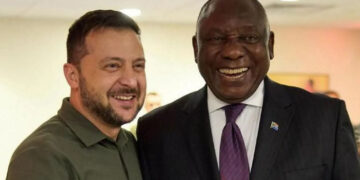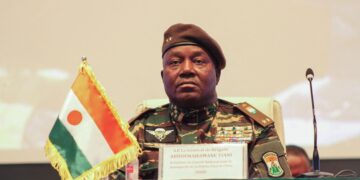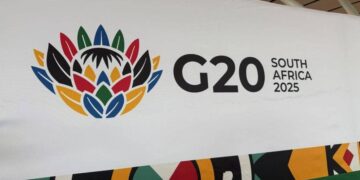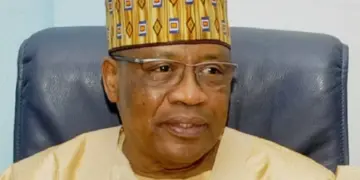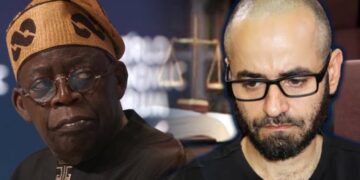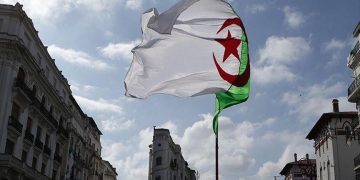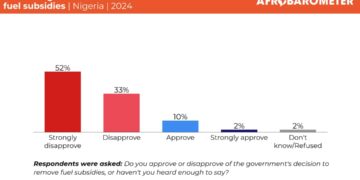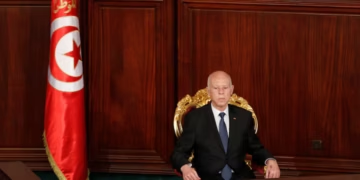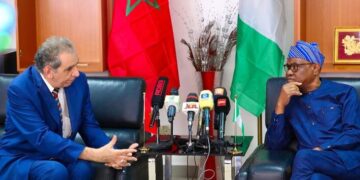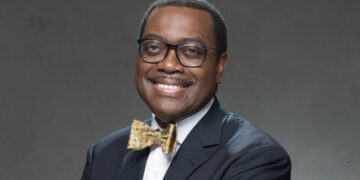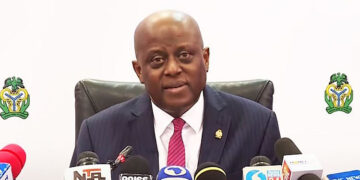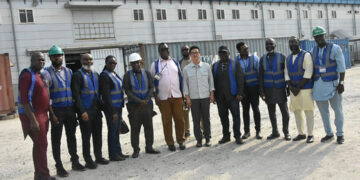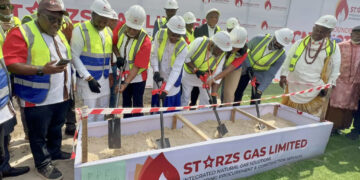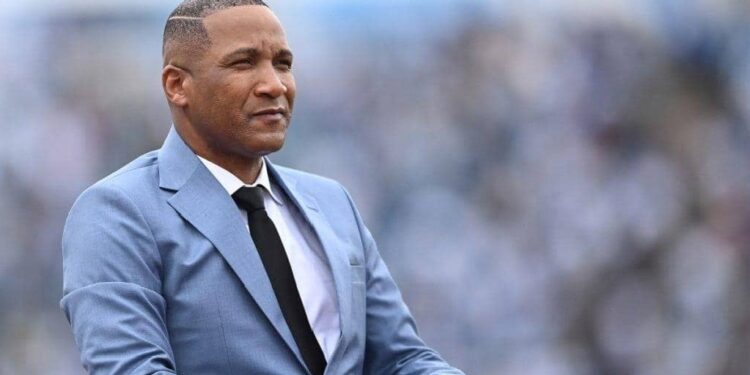By Enyichukwu Enemanna
The newly inaugurated President of Zimbabwe, Duma Boko says his country is ready to receive undocumented Zimbabweans and legalise them by granting them temporary work and residence permits.
“They do jobs that would otherwise not get done,” Duma Boko told BBC shortly before his historic inauguration on Friday.
Botswana hosts the world’s second-largest community of Zimbabweans who fled their country over economic woes. They have however faced deportations from previous administrations.
Boko, 54, who unseated the ruling party that was in power for 58 years, said opening the border for Zimbabweans was part of his plans to revive the economy.
President Boko said it was a challenge when thousands of Zimbabweans entered Botswana through the long and porous border between the two countries.
“They come in and are undocumented. Then their access to amenities is limited, if it is available at all, and what they then do is they live outside the law and they commit crimes – and this brings resentment,” he said.
“So what we need to do is to formalise, have a proper arrangement that recognises that people from Zimbabwe are already here.”
It is unclear exactly how many Zimbabweans live Botswana, but thousands have settled in the Southern African nation since Zimbabwe’s economy witnessed a downturn over hyperinflation two decades ago.
Available statistics indicate that Zimbabweans account for 98% of “irregular migrants” in Botswana.
Earlier in the year, a minister said that from 2021 to 2023, out of a total of 13,489 recorded, 13,189 were Zimbabwean nationals.
“A lot of these workers from Zimbabwe perform tasks that the citizen finds unattractive… they do jobs that would otherwise not get done and so there’s no conflict there,” Boko said.
However, there was a backlash against the government late last year after it was proposed that identity cards be used instead of passports for those travelling between Botswana and Zimbabwe.
The overall sentiment was that the move would lead to the arrival of more Zimbabweans.
But President Boko said his initiative would also be an opportunity for his countrymen to learn basic skills, like welding and plumbing, from Zimbabweans.
“In any and every construction site in Botswana the majority of people with those skills are from Zimbabwe, so we need to do a twin programme of allowing them to come in and we utilise the skills that they have and in the process of utilising these skills we also engage in some sort of skills transfer,” he said.
“We can’t stop people with skills from coming in when we don’t have the skills ourselves – we need to develop these skills and it takes time, so in the interregnum we need to have them come in properly, come in legally and be rewarded appropriately for the skills that they bring.”







